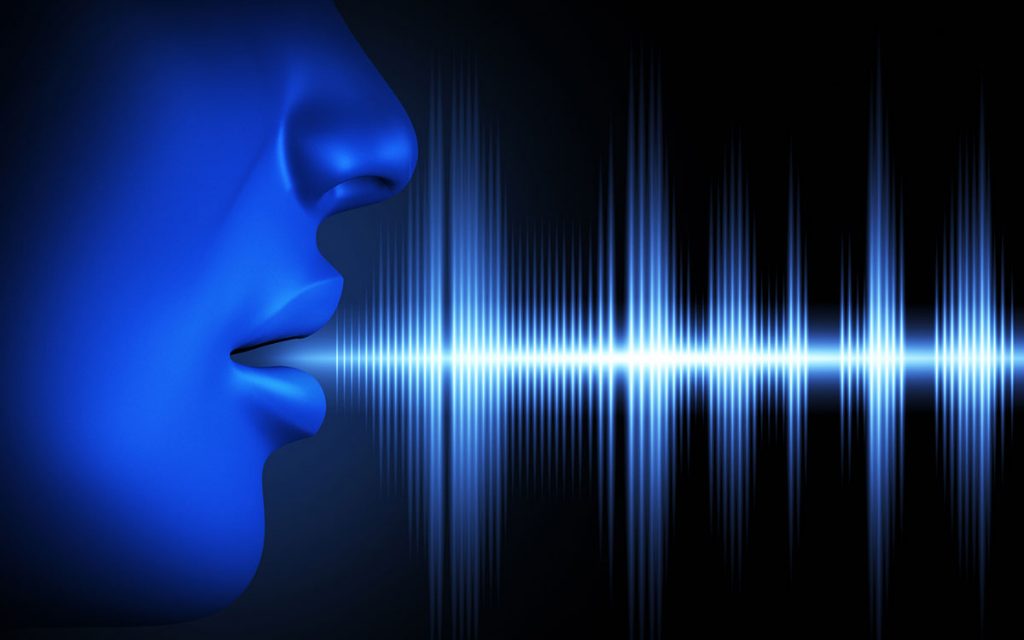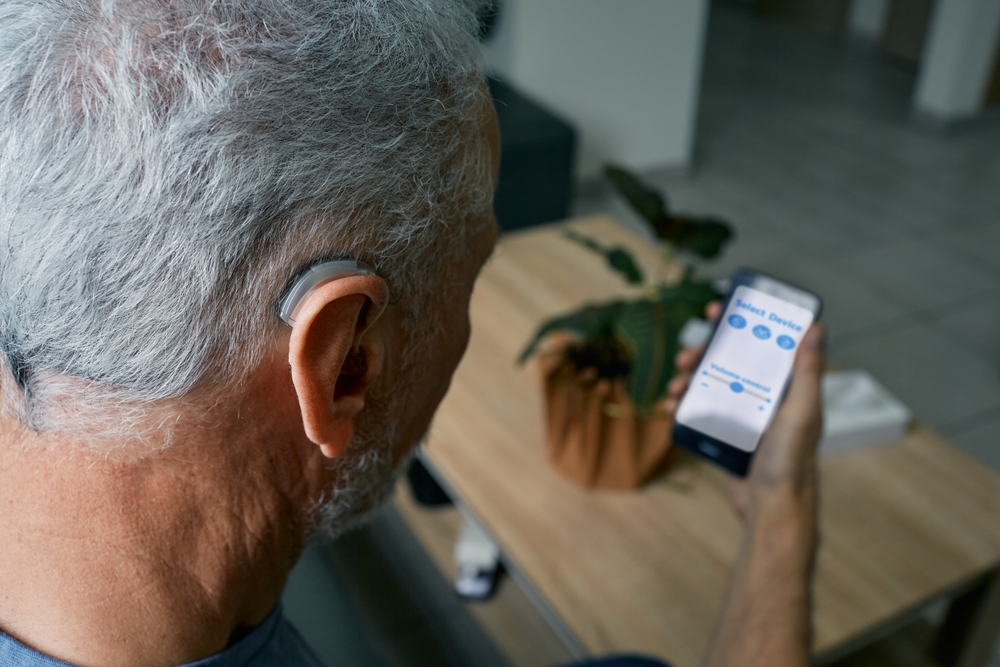Many people think of hearing loss as a decades-long trip into silence. Yet hearing loss, especially high-frequency hearing loss, can sneak up on you and can seem inconsistent.
Your sister doesn’t understand why you seem to hear the sportscasters on the TV so clearly, but you misunderstand her on the phone or even in person. She’s even accused you of not listening to her.
You don’t really know what to tell her. She’s not mumbling. She’s speaking at a normal volume. It’s just easier to understand people, usually men, on TV.
What causes these strange variations in what you can and can’t hear?
The truth is that hearing loss isn’t just about volume. “Speaking up” won’t always make a difference, especially if you have high-frequency hearing loss.
Let’s take a look at this form of hearing loss and how it’s treated.
What is high-frequency hearing loss?
If volume were the only aspect of sound, then everyone’s voice would sound a lot like a computer voice, completely monotone. Instead, the human ear picks up on variations in sounds called frequencies. When a sound is high-frequency (or high pitch), the sound waves are close together. They’re hitting the ear more frequently.
When sound is low-frequency (low pitch), the waves are further apart.
A person with high-frequency hearing loss has lost their ability to hear sounds between 2000 Hertz (Hz) and 8000 Hz. This makes it difficult to hear and understand things like…
- Higher voices such as female or children’s voices
- Bird songs
- Beeps on microwaves, ovens, or on your phone
Music will sound distorted and unpleasant. You’re missing the complexity of those notes.
And even worse, certain letters require a person to raise the frequency of their voice, such as “S,” “F,” and “H.” To someone with high-frequency hearing loss, those letters sound silent when spoken. Think about that. These are some very common sounds in English. Some of the hardest words for a person with high-frequency hearing loss are:
- Taste (May sound like Sounds like Tay)
- House (May sound like Ow)
- This (May sound like a short “I”)
- Stop (May sound like Top or Op)
- First
- Nice
- Past
- Almost
It’s easy to see how just taking those few sounds out could completely change what you think you hear. The average sentence would sound muffled. People with this condition usually have a lot of trouble hearing on the phone.
What causes high-frequency hearing loss?
Inside your ear, you have tiny hair-like nerve cells that are specifically “tuned” to pick up one specific frequency. The high-frequency ones are closer to the front and are therefore more susceptible to damage. Once your high-frequency hair cells are injured, the body has no way to repair or replace them.
The following may also make you more likely to have high-frequency hearing loss:
- Loud noise exposure.
- Aging – Aging doesn’t cause hearing loss. But older people are more likely to have damage because their ears have been exposed to sound longer.
- Genetics – Some people are genetically predisposed to hearing loss.
- Ototoxicity – Some medications cause hearing loss.
- Disease.
The single best way to prevent any hearing loss is to reduce noise exposure. You’re over 3 times more likely to develop frequency hearing impairment in both ears if you work in a noisy profession like:
- Mining
- Metalwork
- Construction
- Bartender/Bouncer
- Pilot
How is high-frequency hearing loss treated?
Hearing loss itself cannot be reversed with current science. But high-frequency hearing loss is very correctable with specialized hearing aids or a cochlear implant.
Modern Hearing Aids
Modern digital hearing aids made over the past 5-10 years don’t just make sound louder. They can be adjusted by a hearing specialist to address your specific type of hearing loss. They alter the way sound enters your ear so that you hear more clearly, especially in the human voice range.
They can also reduce interference from background noise and make phone calls much clearer with a wireless telecoil. You might even go with the more state-of-the-art Bluetooth. It can wirelessly bring sound straight to your ear from a connected smartphone or smart TV.
You’ll hear voices, music, and TV shows so much clearer and with so much more enjoyment with these advanced hearing aids.
High-frequency hearing loss solutions within reach
Are you beating your head against the way because everyone around you seems to be mumbling? Do you hear some things clearly, while others leave you pulling your hair out in frustration? It’s probably high-frequency hearing loss, and it’s very treatable with modern innovations in hearing science.

